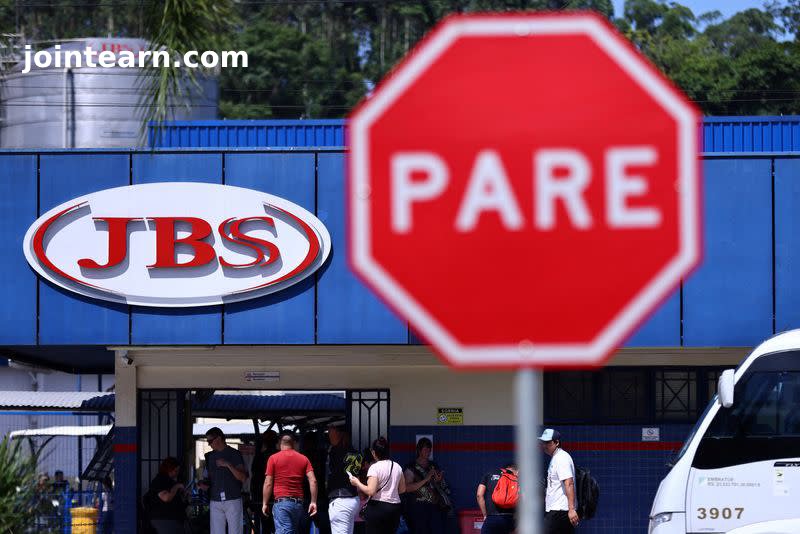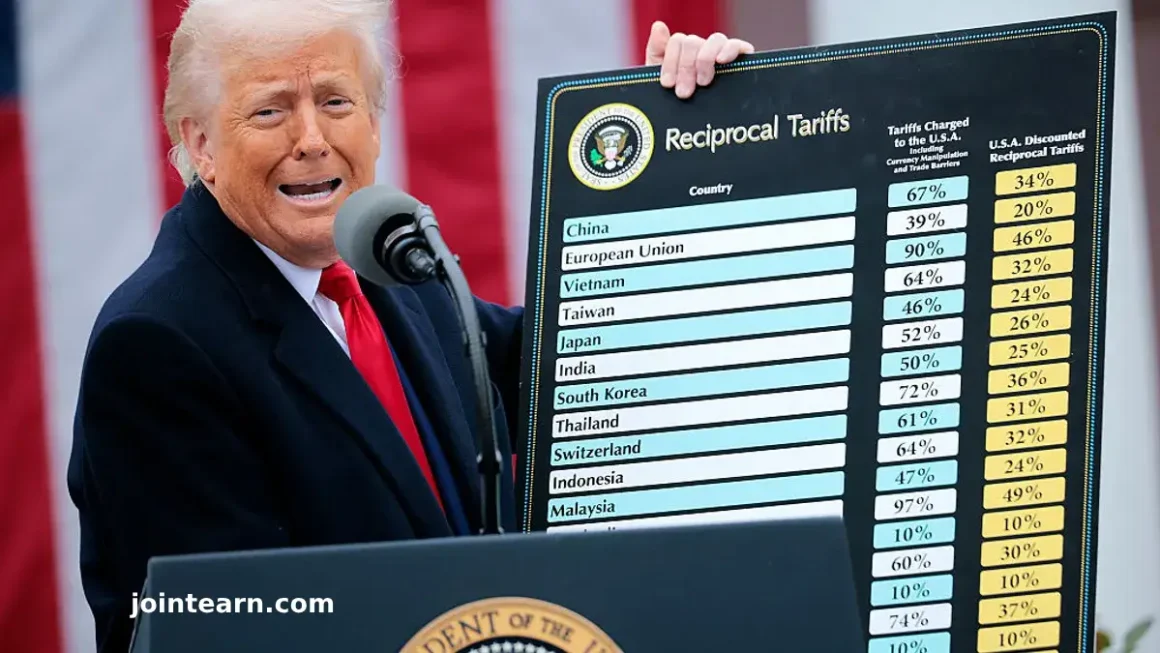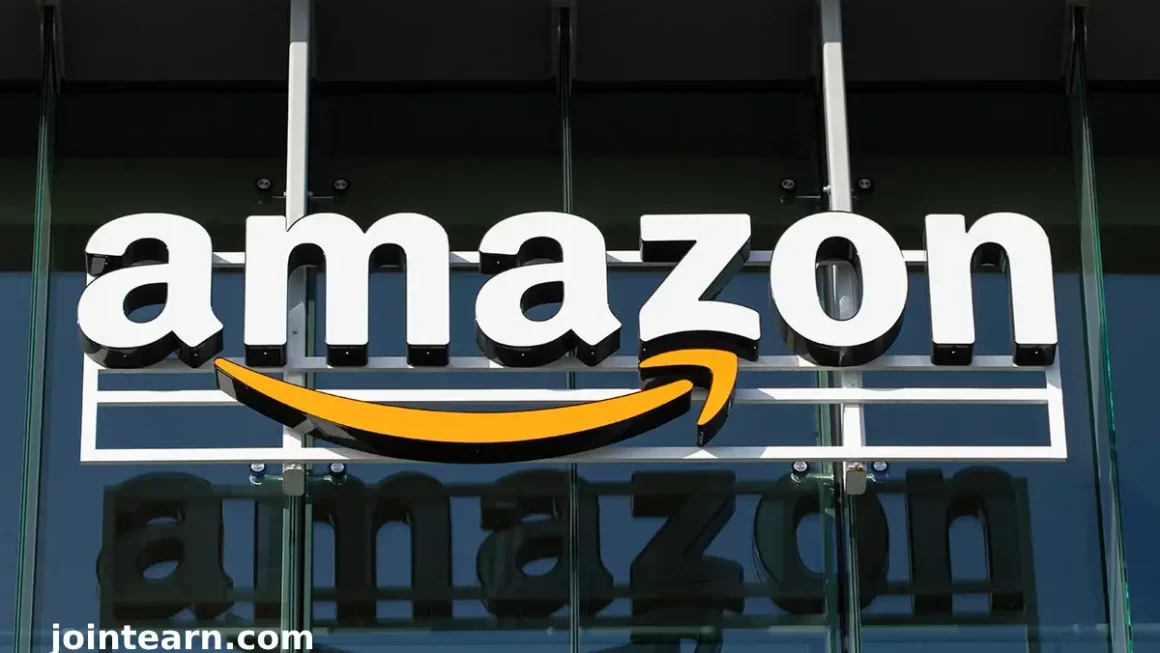In a move that has sparked a wave of criticism from environmental and animal rights groups, JBS, the world’s largest meatpacker, gained approval from the U.S. Securities and Exchange Commission (SEC) last month to list on the New York Stock Exchange (NYSE). This decision, made on April 22, 2025, allows JBS to broaden its investor base and improve its market valuation to be on par with its competitors.
However, this approval has faced fierce backlash from environmental activists. Groups like Mighty Earth and Global Witness are raising concerns about JBS’s historical ties to environmental destruction, including deforestation in the Amazon, and its role as a significant emitter of greenhouse gases. These organizations are especially critical of JBS’s track record in corruption, including its involvement in the 2017 bribery scandal in Brazil, and its controversial business practices, such as the alleged purchase of cattle from deforested areas.
Environmental and Criminal Concerns Over JBS’s U.S. Listing
Glenn Hurowitz, CEO of Mighty Earth, called the approval “reckless,” questioning how the SEC could be confident that JBS would be transparent with U.S. investors given its extensive history of illegal activities. In the U.S., JBS and its affiliates were fined millions of dollars in 2020 for bribery related to the 2009 acquisition of Pilgrim’s Pride and corruption charges connected to its operations in Brazil. Critics argue that allowing JBS to list on the NYSE risks legitimizing the company despite its legal and environmental controversies.
JBS has defended its listing, emphasizing that its U.S. registration brings greater transparency, citing its long-standing adherence to U.S. securities regulations. The company insists it has implemented strict anti-deforestation measures, including a zero-tolerance agricultural commodity sourcing policy. However, these assurances have not alleviated the concerns of environmentalists who continue to see the approval as a major setback for global efforts to combat climate change and deforestation.
Wall Street’s Positive Outlook on JBS’s Expansion
Despite the strong criticisms from environmental groups, Wall Street analysts view JBS’s NYSE listing as a significant opportunity. The company’s stock has surged by 24% on the Sao Paulo Stock Exchange this year, fueled by expectations that the U.S. listing would close its valuation gap with competitors like Tyson Foods. JBS’s investment strategy hinges on the increased access to U.S. capital markets, offering it the financial power to accelerate growth and expand its operations globally.
Under the proposed dual-listing structure, JBS shares will be traded on the NYSE through a Netherlands-based company, while still being available on the Sao Paulo Stock Exchange through Brazilian Depositary Receipts (BDRs). JBS NV, the Dutch entity behind the listing, will issue both Class A and Class B shares, with Class B shares holding ten times the voting power of Class A shares. Only Class A shares will be publicly traded, while Class B shares will remain under the control of the company’s major shareholders, including the Brazil-based development bank BNDESPar.
This dual-listing structure, set to be voted on by JBS shareholders on May 23, has raised concerns about the concentration of power within the company, potentially limiting the influence of minority shareholders, especially on environmental, social, and governance (ESG) matters. Analysts predict that the controlling shareholders could end up with 85% of voting power post-listing, a situation that could significantly impact JBS’s ability to address environmental and social concerns.
As the approval process moves forward, it is clear that the debate surrounding JBS’s listing will continue to intensify, with critics arguing that the company’s environmental and legal history makes it an inappropriate candidate for listing on the world’s largest stock exchange. The final decision, expected by June, will determine if JBS can continue its controversial global expansion, or if its critics will succeed in stalling its growth trajectory.












